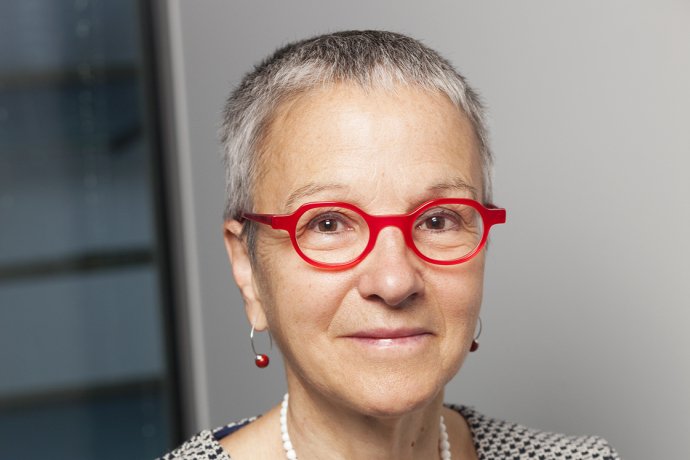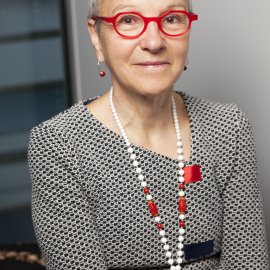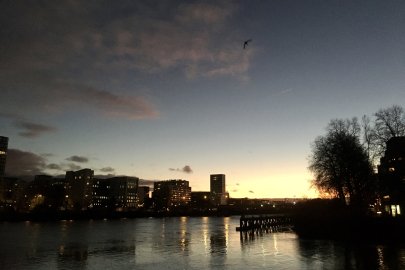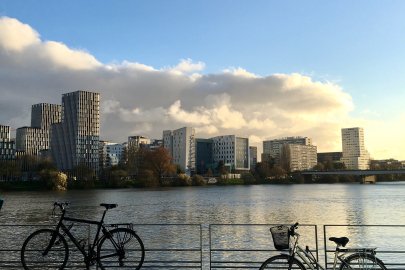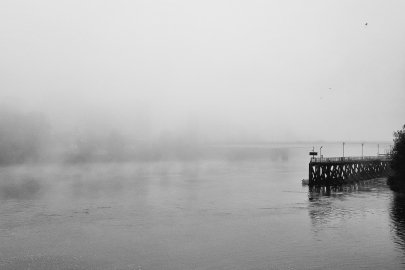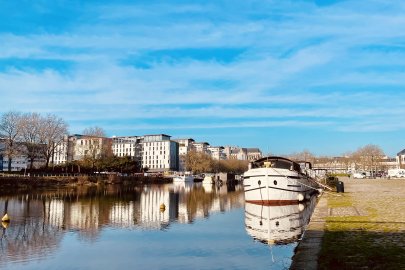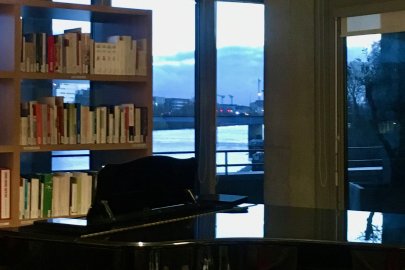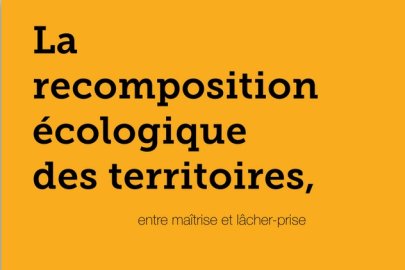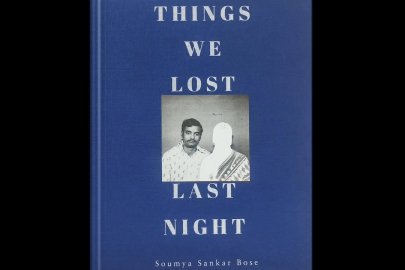The water was rising
Michelle Szkilnik
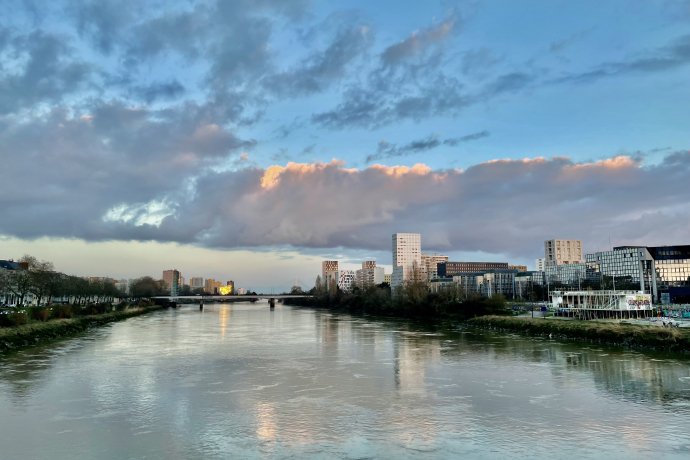
The Loire and the Erdre had become one monstrous river. The lock was under water. The trio of directors at the control desk on the 4th floor could no longer hide their concern. The Institute had been through floods before, and it was some years since the ground floor, the Simone Weil lecture theatre and the meeting room had been abandoned to the eels and catfish. The researchers had got into the habit of travelling by boat between their flats and their offices. The second-floor terrace was reached by means of ladders, and twice a day it was a joyful sight to see the researchers in their yellow oilskins, hoods pulled down over their eyes, hoisting themselves up with varying degrees of elegance in the pouring rain amidst bursts of laughter.
But this flood was beyond anything the scientists had been able to anticipate. The situation was serious. That Monday morning, overturning the timetable fixed from time immemorial, the management called a meeting of the researchers and urged them to use the resources of their imagination and intelligence to save the Institute: why had they been chosen, after all, if not for their ability to invent a new world? There would be another meeting at 5pm and everyone had to come up with a solution. Coffee and sandwiches would be provided in the club, but no lunch.
All day long, the researchers could be seen studiously poring over books in the library (the computer system, needless to say, was out of order). At 5pm, everyone shyly appeared before the formidable trio. Suddenly suffering from imposter syndrome, they would have given anything to have stayed in their home countries (especially as the African countries were not affected by the deluge). They all took turns to confess their failure. Only one small, slight Indian woman said she had found a book by Claude Roy on the shelves, entitled La Maison qui s'envole (The House that Flies), about a house that was casting off. Perhaps we could try something similar? Despite the sardonic looks and ill-concealed smiles, the directors ordered wooden wedges to be inserted under the floor of the first floor; staff and researchers were positioned opposite with small mallets.
At the signal, everyone began to bang rhythmically and in unison on their wedges. Ominous groans were heard, but the building, suddenly lighter, began to slide on the water. The researchers, staff and directors watched in amazement from the terrace, which had become a deck with its railings, as the banks of the Loire slipped away into the distance. ‘Fluctuat nec mergitur!’ exclaimed one of the researchers enthusiastically, who had a smattering of Latin and was, incidentally, considered a little pedantic by his peers. The big ship sailed past Paimboeuf and Donge. When it reached Saint-Nazaire, it spontaneously headed south. She was seen off Dakar, Abijdan and Sao Tomé.
